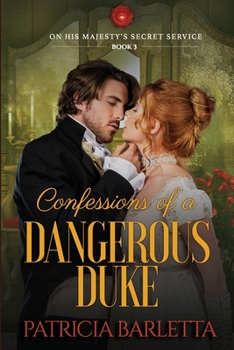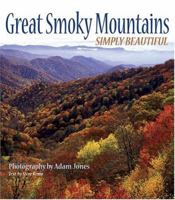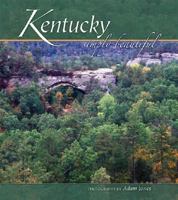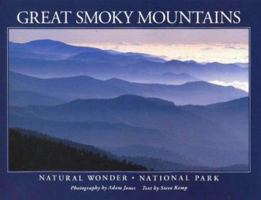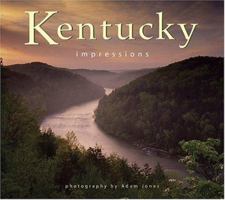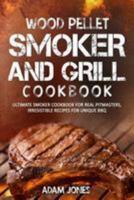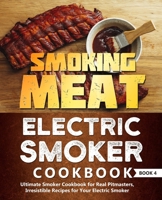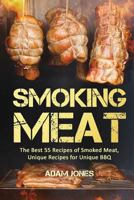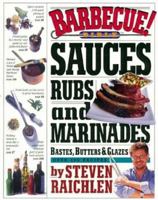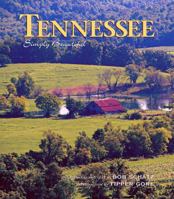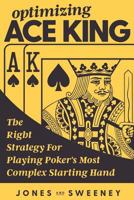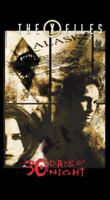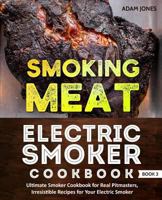Confessions of a Dangerous Duke
Select Format
Select Condition 
You Might Also Enjoy
Book Overview
Arianne de Vouvret, the most sought-after modiste in Bath, is hiding a terrible secret. Caught in the clutches of the sadistic Frenchman, Henri Pinard, she must spy for him, as well as be the charming lure in his plot to destroy his enemies. Arianne will do anything to keep her father and her little boy safe, but when she meets the dashing Duke of Lythmore, her past sins clash with his beguiling pursuit. Can she hide her dangerous double life? Or will she be forced to commit her worst deed yet?Cameron, Duke of Lythmore, an agent for the English government, is an expert at sniffing out and destroying spy rings. But this time, his mission in Bath is personal. He is determined to find the mysterious woman, nick-named Marguerite, who lured his brother to his tragic end. When Cameron meets Arianne, he is immediately drawn to the beautiful modiste. Surely, a woman who creates such charming designs could not be the cruel Circe. Or could she?Only love will reveal the truth.
Format:Paperback
Language:English
ISBN:1735599417
ISBN13:9781735599410
Release Date:October 2020
Publisher:Patricia Barletta
Length:258 Pages
Weight:0.90 lbs.
Dimensions:0.6" x 6.0" x 9.0"
Customer Reviews
4 customer ratings | 4 reviews
There are currently no reviews. Be the first to review this work.











